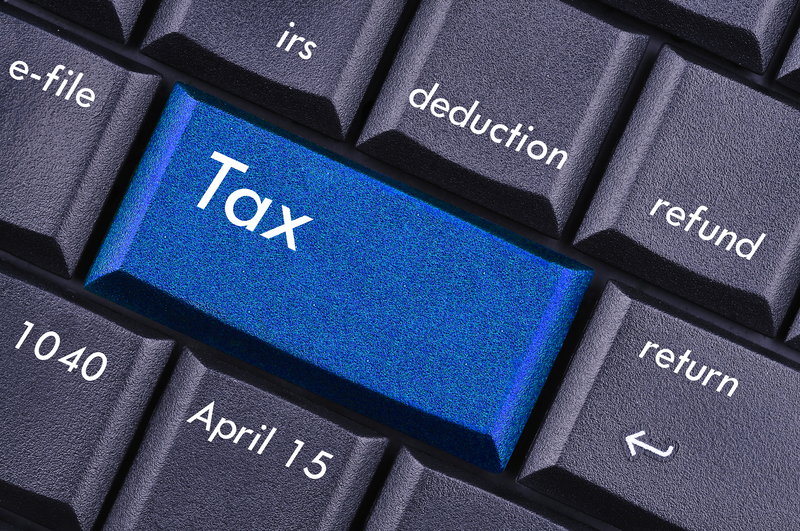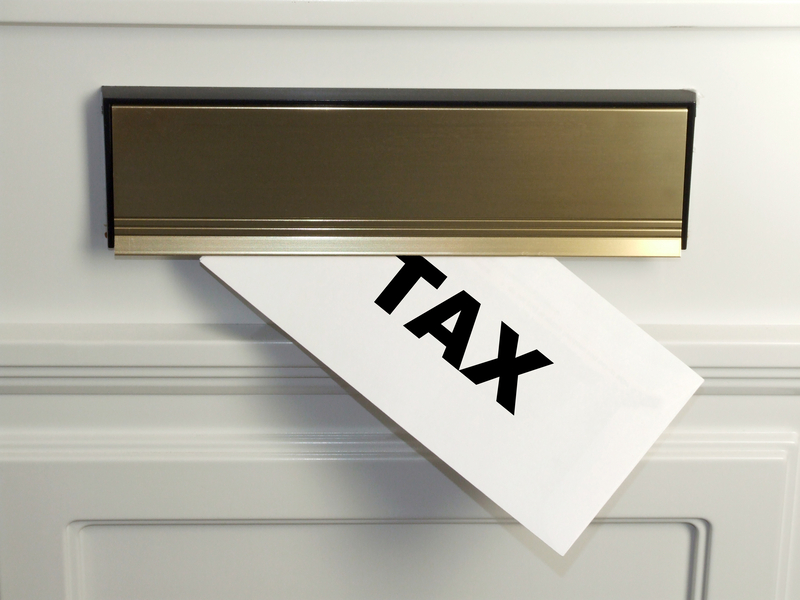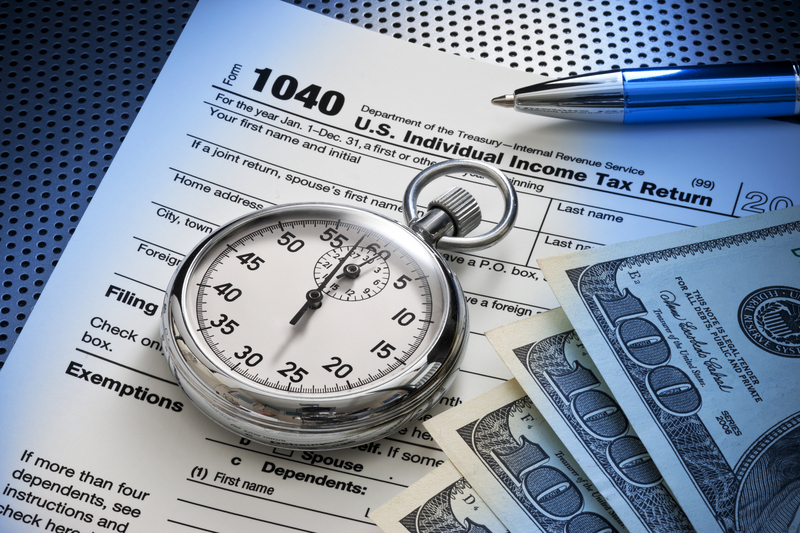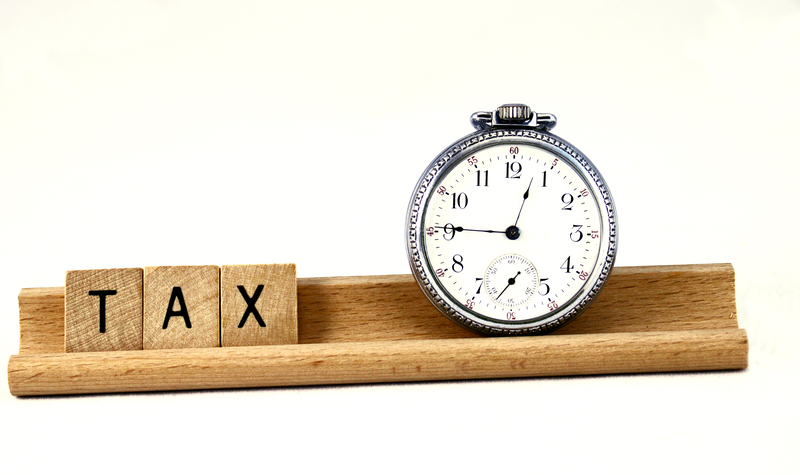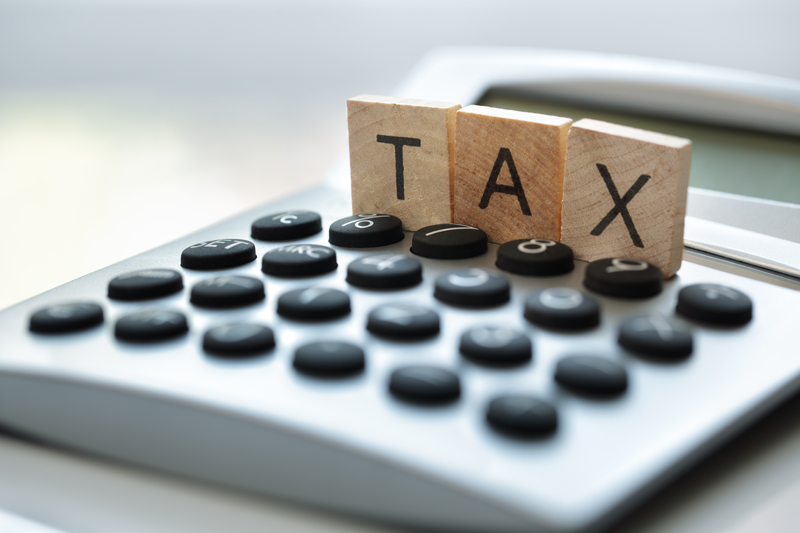Federally, businesses generally pay income tax and employment tax. Some businesses may also pay excise taxes or self-employment taxes. This article will discuss income tax, employment tax or self-employment tax, and exercise taxes. In reviewing the taxes this article will provide an overview of how these taxes are calculated.
You are probably asking, “What are excise taxes and when would a business pay them?” Excise taxes are typically levied when you a business is selling certain products or services. Excise taxes are usually applied to products like fuel, alcohol, tobacco, or airline tickets. Excise taxes are not taxes typically paid by the end consumer so many non-business owners are unaware of these taxes. Excise taxes are based on the products or services produced and not the income of the business or its employees.
If the business has employees, then it will also pay employment taxes. Employment taxes cover social security and medicare taxes, unemployment insurance, and additional medicare tax. The additional medicare tax is only required if the business has employees making over $200,000 yearly. Employment taxes also include the income tax withholding for the employees of the business however those are paid from the employee’s income. All employment taxes, aside from unemployment insurance, are paid based on the income of the employee. Unemployment insurance is based on the number of employees and the local unemployment rate.
The last two taxes are based off the net income of the business. Many businesses starting out may find these hard to calculate or fail to pay the complete amount due on these taxes which is why they should consult a certified public accountant (CPA). The good news is that hiring a CPA helps lower the income that are the basis for these last two taxes.
Income and self-employment taxes are based on the net income of the business. The net income of the business is the income minus any expenses required of the business. These expenses include start-up costs such as licensing, rent or mortgage payments if the business is operating out of the business owners home, employee pay, and equipment costs. Many businesses pay self-employment taxes because the principals or owners of the business are considered self-employed. The self-employment tax covers the social security and medicare taxes that traditional employees split with their employers. The other tax that is paid off the net income or net profit of the business is the income tax.
Given the nature of the United States and its system of state taxes and federal taxes this article can only provide an overview of the federal taxes typically paid by a business. Were we to go into the taxes paid in each state and territory this would need to be broken down into at least fifty different articles. You should look into what your state’s department of revenue services requires in business taxation.



